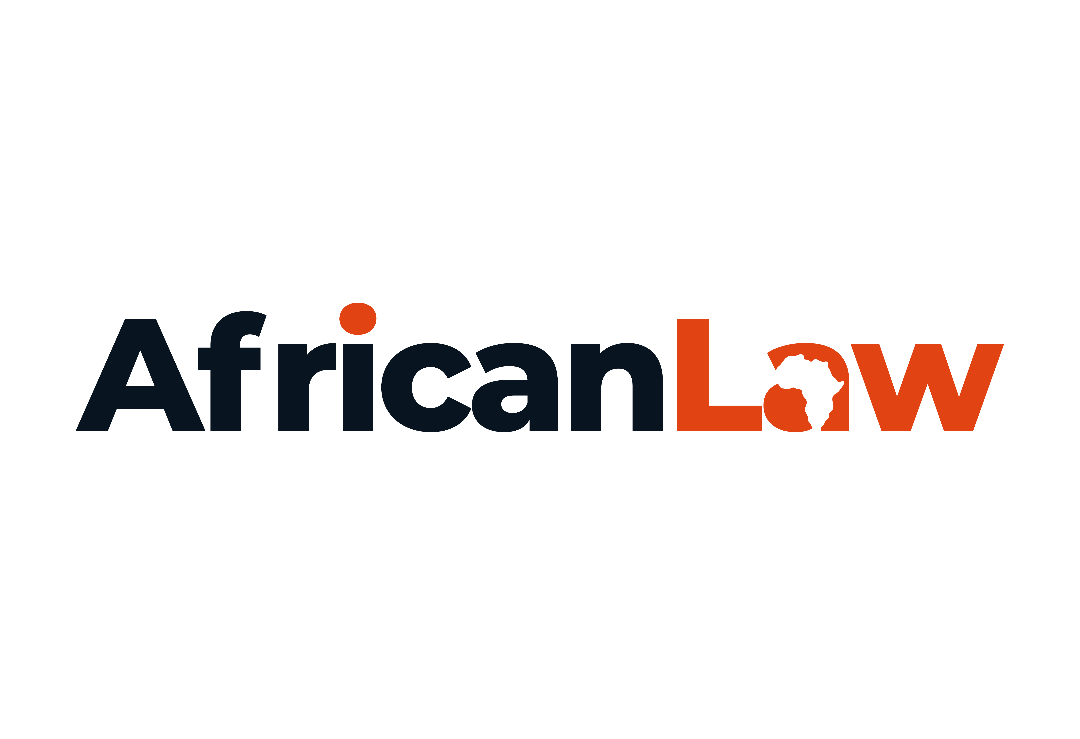Art sales in Africa are on the rise. The past year and half has seen Sotheby’s recently concluded Modern & Contemporary African Art auction net $3.7 million, exceeding the lower end of its pre-sale estimate by over 40%. This uptrend is the direct result of online-only sales necessitated by the onset of the global pandemic. Like many other businesses that adopt this model, African artists and collectors are reaping the benefits. The term "blockchain" has been a mainstay in our collective zeitgeist for the past few years now. Initially considered to be all hype, we are now at a stage where many different industries have been able to apply successful blockchain use cases. The global art industry is the latest recipient of this once misunderstood but equally promising piece of innovative, record-keeping technology. The most innovative part of blockchain is that it is decentralized- meaning it is not controlled by any one person or company. It is transparent in the sense that anyone can view the ledgers (if you know where to look).
ENTER NFTs
NFTs (Non-fungible tokens) are digital assets whose authenticity has been certified on a blockchain ledger. Simply put, in the context of art, it is a digital file on a blockchain that shows who owns a piece. Art that is sold as an NFT tends to be for the most part digital works created by artists using software (such as the digital collage that the artist Beeple recently sold for $69 million pictured here). Traditional artworks can also be sold in this format if a photo is taken of them and sold as an NFT. The artwork needs to be original, and there should only be one copy in existence. For this reason, in the case of traditional artworks they are either destroyed with the evidence provided to the buyer of the NFT or sold to the buyer of the NFT along with the digital copy. Authenticity is an important aspect of the whole process.
Africa has no shortage of creatives. Once thought to be dormant, the continent's creative economy is wide awake today. African artists permeate the digital landscape with dynamic and diverse works tackling everything from politics, humour, fantasy, sexuality, satire and technology.
Africa has no shortage of creatives. Once thought to be dormant, the continent's creative economy is wide awake today. African artists permeate the digital landscape with dynamic and diverse works tackling everything from politics, humour, fantasy, sexuality, satire and technology. It's no surprise then that creatives would be among the first to adopt the potential of this novel technology. Jacon Osinachi is one such artist. Based in Nigeria, a few years ago he worked by day as an academic librarian at the University of Nigeria Nsukka , teaching and grading assignments. At dusk he would start drawing. Initially clueless to the NFT space, today he is one of the pioneering African artists leveraging this technology to boost sales and expand the reach of their art to global audiences. In March of this year, he sold $75,000 worth of crypto art in the span of 10 days. Collectors, like artists have also made a killing, seeing the potential of owning original authentic works on the platform, with galleries and exhibitions still not fully recovered from the effects of the pandemic. Art sold in this manner can be resold to other buyers and collectors are able to, in this way,curate and cultivate really unique collections, unavailable in any other place or format.
Mirror Mirror - artwork by Nigerian artist Jacon Osinachi.
However, not everyone is celebrating this inevitable disruption of the way art is consumed. NFTs sold this way are being met equally with contempt from not just custodians of traditional art institutions like gallery owners but other artists. Since it is a requirement for the work to exist in a digital medium, a number of artists outside the movement have complained that their works have been "minted" into NFTs and sold without their permission. Minting basically refers to the process of turning digital art into a part of the Ethereum blockchain as a public ledger. The digital art would be tamper-proof and immune to any modifications. Online marketplaces appear to have developed procedures to address the potential for infringement but they really have their work cut out for them. This highlights the importance among creatives to copyright their works regardless of whether they choose to sell their art as NFTs on the blockchain platform or not. The holder of the copyright, here the artist, can then take legal action if they have identified a case of infringement. Identifying or keeping watch of the digital space for instances of infringement is a herculean task, as more and more marketplaces pop up with hundreds of new artists but it always pays to be protected. If artists do decide to sell their art, evidence of the copyright helps establish the authenticity of the work, solidify the reputation of the artist and restore faith and trust among buyers and collectors. In other instances, some artists have identified works that appear to be very similar to their own. Copyright ownership is estimated to get more complex as the industry grows and more and more people transact. Another bone of contention is the ever present degree of uncertainty to what constitutes fair use.
We are yet to see what role online marketplaces play in mitigating infringement, and regulating the huge volumes of new art entering their platforms every day in this fast moving market. They will need to pull their weight and also ensure that these NFTs are in compliance with trade regulations, anti-money laundering and bribery laws, and other rules. All that is yet to be revealed. For now, as an African creative, the most important takeaway is to understand what powers are—and are not—granted by copyright law and secure protection of your works.
To read this article and more, click here to access the 1st edition of AfricanLaw magazine. Make sure you subscribe to be notified of future issues.

















